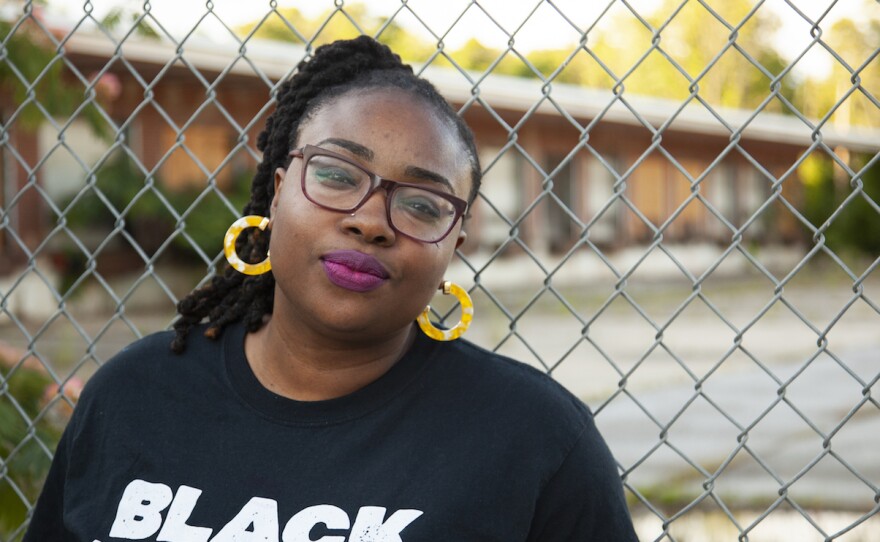Appalachia is known and celebrated for many things. However, one piece of its history seems less known.
That’s where the organization Black In Appalachia comes in. Black In Appalachia works to highlight, document, present and engage the history and contributions of African-Americans in the advancement of the Mountain South and its culture.
Through digital media, community engagement, and a group of dedicated people, Black in Appalachia serves their community through research, local narratives, public engagements and exhibitions. They also produce podcasts and mini documentaries that could be found on their website and YouTube channel.
The African American Folklorist had an opportunity to speak with William Isom, the group's director, and Dr. Enkeshi El-Amin, researcher and podcast host, about the works, inspirations and benefits of their organization.
Below is an except of our conversation:
William Isom: Yeah, I think there's a there's an author Philip J. Ober Miller. He's a white author, but he wrote a book called African American minors and migrants, the Eastern Kentucky social club.there's a quote that that he put out a couple of years ago that said that there's basically In short, that there's no such thing as black invisibility in Appalachia…. he called it vincible ignorance, which means it's ignorance that can be easily overcome. And everywhere we go in the community, every little holler, small town, street neighborhood, we can, everywhere we step foot, we find a vast amount of black narratives in black history and black community that may or may not still be there. And so I think the framing of it is important because we there's no shortage of black narratives in history and live in the mountains, it's just been put out that way.
Dr. Enkeshi El-Amin: And what William said about, you know, coming into this work through, you know, wanting to know more about his own story, I think it really, to me that captures what brought me in, right is that black people are not invisible. I see them I see myself, I see my people, I see the people in the neighborhood, you know, so it's that same kind of thing. Like when I moved to Knoxville for graduate school, I didn't come here looking to do this research. But I was seeing black people and black experiences not represented in the larger narratives about this region, right? I would hear about Appalachia, but it was always sort of like, you know, around an environmental frame, like mountaintop removal and things like that.
Lamont Jack Pearley: So do you take in ethnographic and folklorist approach? Is it historical? Is it traditional?
Dr. Enkeshi El-Amin: It's all of the above is a little bit of everything
William Isom: community archiving, a podcast, oral histories and support for community organizations.






